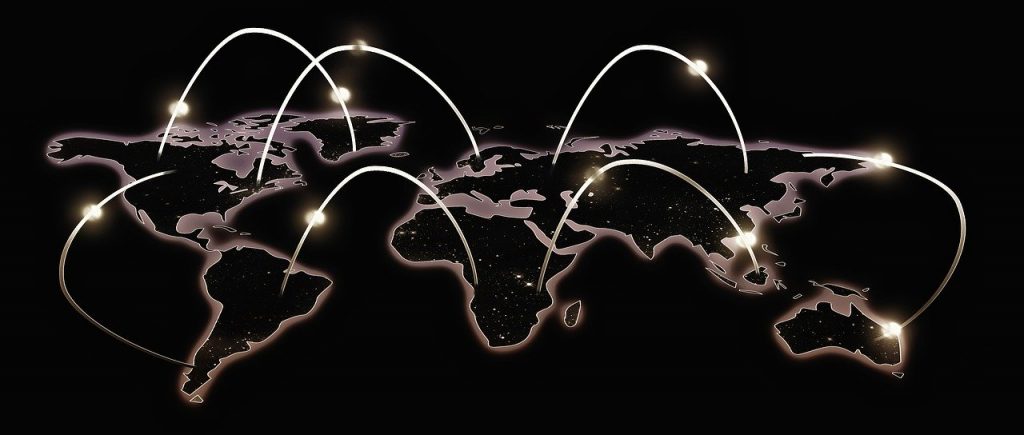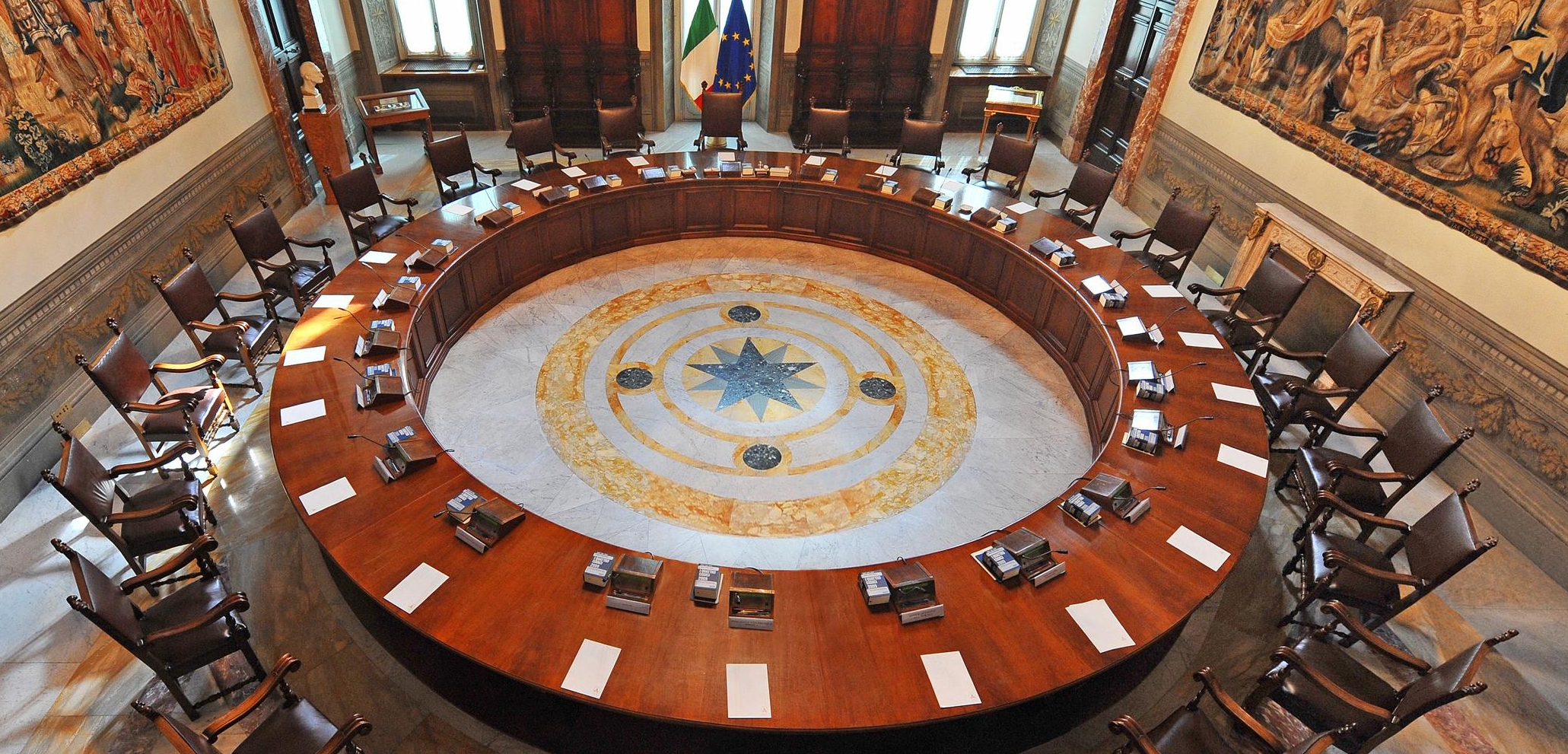In a globalized world that has suddenly suspended all its contacts, technology rushes to help. We have smartphones, PCs, video calling systems. We are connected even if we are alone. So we talk to friends, relatives, information enters our homes. So why are we sometimes so irrational that we do not use these means that modernity has given us intelligently? For example when it comes to fake news?
Coronavirus and liquid society
We should feel luckier than our predecessors who have experienced isolation in history. Epochs in which quarantine meant not only barricading in one’s own home, or in other suitable places, but also being completely alone. The powerful means of communication that we have today did not exist. No radio or TV no telephones. The news circulated slowly as people moved. Today we have speeded up, perhaps too much, so much so that sometimes the speed of sharing exceeds that of reasoning.

Anyone who knows the great Bauman should know it. The Polish philosopher who spoke so much about liquid society as a definition of modern times. The contemporary age is made up of short distances and times. We can be in contact anytime and anywhere we want. An interesting potential that, however, becomes “risky” if intelligence is not used. Just one click, sometimes not even that, and the news enters our phones. Maybe without even looking for them. And so the information, true or false, is rushing. A speed that crushes the waiting time. Where certainties and points of reference become weak even in an educated and advanced society like ours. There is a flaw in this system through which irrationality finds a way out. And then, taken by the eager desire to spread as much as we can, we stumble on ourselves.

What’s wrong?
We spread messages, recordings and all the other files that are bouncing from smartphone to smartphone these days. And it’s not about satire. Posts, cartoons and themed songs certainly help the spirit, if well done. But no, we’re talking about fake news here. Or bufale, to put it in Italian. Like the one on vitamin C that would be enough to not make us sick. Or the story of helicopters that would circulate at night to carry out disinfestation works. All ready to pick up hanging clothes and various pets! Can we really share these things? Can we believe they are true? What excuses do we have today to justify promoting such a type of “news”? We are in a liquid society with its pros and cons. We have made great discoveries over time. Medicine has made great strides, education is no longer just for the rich. So what’s wrong?
Amidst old and new fake news
When illiteracy was a rampant fact, when science did not know about the existence of viruses and bacteria then perhaps a primitive thought was somehow legitimized. Yet man learned to observe. He understood that social aggregation favored contagion and without too much medical knowledge decreed isolation. Of course they wanted to find a reason for the disease and so theories spread. That it was a divine punishment was the most quoted motivation. Then there were crazy, some rather singular. Like that story, during the plague of the 1600s, whereby the disease was caused by infected sandwiches spread here and there by the French. A real fake news for the time too! Which combined people’s ignorance with a political issue, that of the 30-year war.

Today such a thing makes us smile. Or maybe someone would believe it with the right Whatsapp. We laugh at our ancestors, because they believed in unthinkable stories. And we, who feel “so modern” and learned, why do we contribute to spreading news without foundation? Maybe someone will remember it. At the beginning of this whole story, when the Coronavirus seemed to belong only to Wuhan, the “conspiracy theory” sought its place. “The Americans are said to have spread the virus to China.” This story looks a bit like that fake news on the French during the 17th century plague. Yet centuries separate us! Are we involution?
Fake news: an insult to intelligence
The word has always been a powerful weapon that over time has experienced a strong echo. The murmuring of people, the newspapers, the radio and the TV. Then the internet in the company of PCs and latest generation phones. Perhaps all of these tools have somewhat confused us. So let’s go back to using intelligence first. The one that makes us free to understand.







